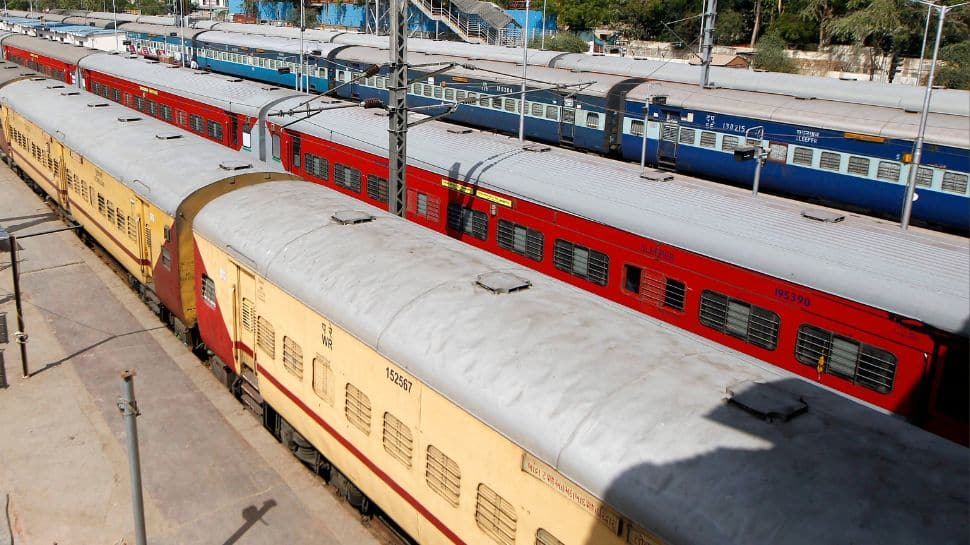Railway Minister Ashwini Vaishnaw has disclosed that over 12,000 newly-manufactured train coaches now feature digital display boards. These boards provide essential information such as upcoming stations, destination details, train running status, and other safety-related announcements. The inclusion of these digital display boards is observed in various train categories, including Vande Bharat, Push-Pull, TEJAS, Humsafar, Electric Multiple Unit (EMU), and Mainline Electric Multiple Unit (MEMU) trains. The minister shared this information in a written reply to the Rajya Sabha on December 8.
Furthermore, he mentioned, “AC economy coaches and VISTADOME coaches are also equipped with digital display boards. Presently, there are over 12,000 coaches across Indian Railways that feature these digital display boards.” Vaishnaw’s reply was prompted by a query from BJP MP Sumer Singh Solanki, who sought information on whether the government had plans to install digital display boards in railway coaches and the specific types of trains earmarked for this enhancement.
“Indian Railways endeavours to proliferate the same in phases by provisioning in all newly-manufactured Vande Bharat coaches, Push-Pull coaches, TEJAS coaches, EMUs coaches along with retro-fitment in existing coaches,” Vaishnaw said.
Also, Indian Railways Minister Ashwini Vaishnaw has unveiled the video of India’s first bullet train terminal built at Sabarmati Multimodal transport hub in Ahmedabad. The video, as shared by Ashwini Vaishnaw, showed a glimpse of modern-day architecture clubbed with cultural heritage. Equipped with state-of-the-art and modern features, the terminal is set to serve passengers of India’s inaugural bullet train, scheduled to operate between Ahmedabad and Mumbai.
The train project is being executed with technical and financial assistance of Government of Japan. The project is expected to connect the two big cities in about 2.07 hours with a maximum design speed of 350 km per hour.
The project includes a doubeline of the length of 508 KMs with tunnel and underseas. The Government anticipated that the project would cost around Rs 1,08,000 Crore with 81% of the project cost to be taken by Japanese soft loan at 0.1% per annum with repayment period of 50-years including grace period of 15 years.


